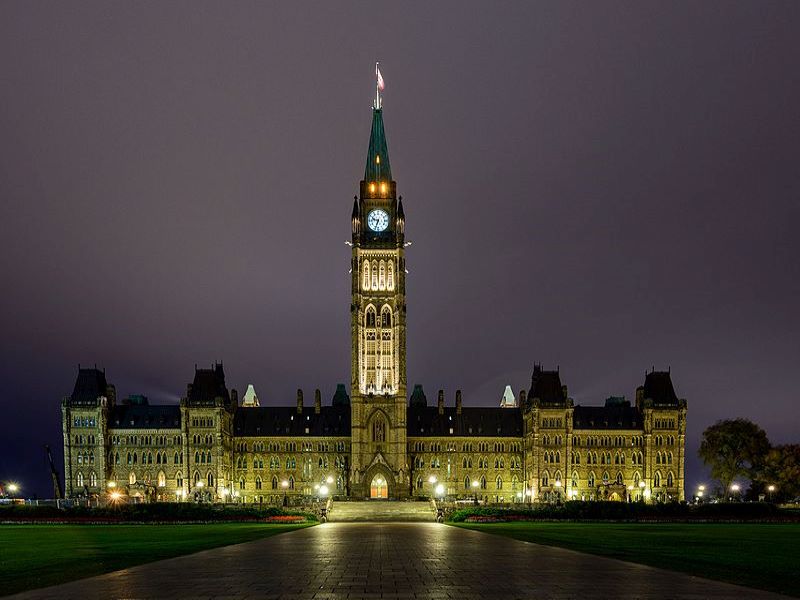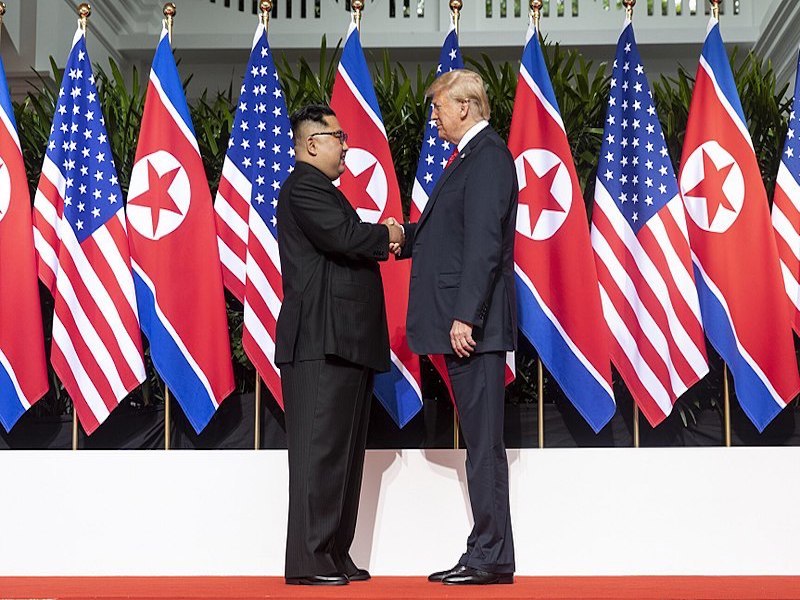Although the Trudeau government has denounced China’s use of arbitrary arrests to influence Canadian domestic politics and has reassured the safety of Canadians abroad, safeguards for citizens living even within Canada remain to be seen.
While working multilaterally to build a consensus on a global China policy, Canada should focus on addressing the deteriorating Sino-Canadian relations that not only occur internationally but also within its borders.
A May 2020 online panel held by Amnesty International Canada identified an increase in Human Rights abuses and intimidation tactics against Canadians of Chinese ethnic background belonging to Tibetan, Taiwanese, Falun Gong, and Uyghur Muslim groups. Amnesty International further believes that the increase is because of mounting pressure from Beijing on the diaspora to enforce state priorities. Despite this, Canada has remained permissive in its countermeasures against foreign interference and its negative impact on minority ethnic groups within the diaspora.
An updated 2020 report by Amnesty International Canada and the Canadian Coalition on Human Rights in China highlights several countermeasures to the growing foreign interference from China. Among these recommendations are establishing an independent public inquiry into foreign interference in the education sector and enacting counter-legislation.
The United Front Work Department is an organization that facilitates foreign interference on behalf of the CCP. Global News reported that the UFWD is a government-backed organization that receives both funding and personnel for its operations and has units’ in Chinese consulates and non-governmental organizations across Canada. Monitored by the Canadian Security Intelligence Service since 1998, the department is a tool for facilitating espionage and regulating information. Charles Burton, Political Scientist at Brock University, also claims that the department actively engages in softening campaigns to reduce public anxieties regarding 5G, Huawei, and Chinese consumption of Canadian natural resources.
Organizations under the UFWD like the Confucius Institutes have received criticism for facilitating propaganda aimed at the Chinese diaspora. Banned in Australia and called to shut down its operations by the U.S Senate Homeland Security Committee, Confucius Institutes maintain operations in 9 centers across Canada and conduct regional and public-school programs reaching more than 20,000 students. Dually, the Canadian government also needs to address the growth of foreign influence among its political elite.
Canadian elections were the priority for protection against foreign interference. The Elections Modernization Act (Bill C-76) increases the efficiency of elections, transparency, and cybersecurity while preventing foreign interference by barring the spending of foreign entities throughout an election process. Having received Royal Assent in 2018, the provisions of the bill demonstrate an awareness by the government that foreign interference is a growing problem in Canada. However, the bill does not recognize the focused efforts by the CCP to influence domestic affairs outside of traditional threats in cybersecurity. Building on the momentum of the bill, the government needs to institute outright legislation addressing the challenge of foreign interference.
Australia and the United States have already enacted foreign interference legislation. In Canada, the Federal Accountability Act of 2006 is one piece of legislation that can be revised to counter foreign influence campaigns. The Act prevents Minister and Deputy Minister level public service officials and their military equivalents from lobbying for 5 years after holding office but fails to distinguish lobbying motivated by domestic or foreign influences. According to former Ambassador to China David Mulroney, expanding the legislation should include a registry of foreign agents to increase the transparency and accountability of former Canadian public service officials paid by foreign authorities and bar these individuals from serving in high-level offices or agencies in Canada.
Any policy response should demonstrate the shift in the bilateral relationship with China while being careful not to increase racial or ethnic tensions between communities within Canada. A poll by the Angus Reid Institute found that Covid-19 has caused an increase in racism against Chinese-Canadians. A response requires a nuanced approach to defence that is not possible through Magnitsky Sanctions. Supported by over a dozen senators, Magnitsky sanctions would permit the government to act against known Human Rights abusers by freezing their assets and preventing financial transactions. The sanctions respond to the ongoing Human Rights abuses within China against Uyghur Muslims and the arrests of Michael Kovrig and Michael Spavor. However, sanctions are an aggressive approach that does more to punish the CCP than defend the rights of Chinese minority groups.
Defence should be the focus of Canadian foreign policy with China. Creating a tailor-made approach towards China in Canada that protects the Chinese diaspora begins with investigating the occurrence of foreign interference. Foreign interference legislation allows the government to demonstrate its allyship and protect Chinese minority groups, demonstrate its awareness of the changing relationship with China, and its stance against foreign interference of any kind.
Featured Image: “Canadian Parliament at Night” (2014), by Sergey Pesterev via Wikimedia Commons Licensed Under CC BY-SA 4.0
Disclaimer: Any views or opinions expressed in articles are solely those of the authors and do not necessarily represent the views of the NATO Association of Canada.




